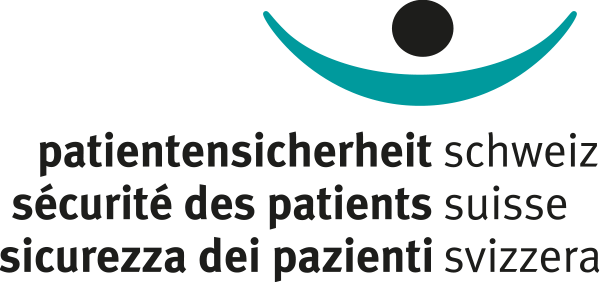
Lung Cancer
Do you have any questions? Benefit from personal advice on second medical opinion and choice of hospital:
+41 41 228 09 94
You can reduce those factors that are considered to be a risk for lung cancer:
-
The preventive measure which is most effective in keeping lung cancer at bay is to not smoke, or to give up smoking. The combination of a cessation program and nicotine replacement therapy can help when people decide to give up smoking. 10 years after giving up smoking, the risk of developing lung cancer is halved; after 15 years, the risk is reduced by 90%. Years of passive smoking also increase the risk of lung cancer.
-
Since pollutants in the environment or in the workplace favour lung cancer, it is important to avoid particulate matter, asbestos, arsenic, chromium-nickel components or radon as much as possible or to adopt consistent protective measures.
-
Patients with chronic obstructive pulmonary disease (COPD) are also at an increased risk of developing lung cancer.
-
If a parent suffers from lung cancer early in life, there is a slightly higher risk for the children to also develop it. However, the familial risk is not as great as with other forms of cancer, such as breast or colon cancer.
-
A cough lasting longer than four weeks
-
Sputum
-
Hoarseness and difficulty breathing
-
Colds that do not heal despite treatment
-
Pain in the chest
-
General fatigue, loss of appetite, weight loss
Your guides:
Your checklist:
Further information:
If the diagnosis of lung cancer has been established, the doctors treating you will seek the best possible therapy together with you. This therapy is oriented mainly on the type of tumour and how advanced the disease is. Your health status and other illnesses will also be taken into account.
For patients with bronchial carcinoma, the following treatments may be used individually or in combination:
-
Operation
-
Chemotherapy
-
Radiation therapy
-
Immunotherapeutic treatments
-
Furthermore, therapies that complement the treatments are often recommended. These are, for example, psychological guidance or a high calorie diet.
Tumour board: Collective knowledge
Your guides:
Your checklists:
Further information:
Whether surgery is performed or not depends on the type of lung cancer, the stage of the disease, and your health condition.
CONCORDIA has commissioned the institute B,B,S. Economic Consultants in Basel to evaluate the treatments and operations for lung cancer in all Swiss acute care hospitals – independently, neutrally, and according to statistical quality criteria.
The quality of inpatient treatment was assessed, along with the length of stay and the hospital costs.
-
During a personal conversation, we will show you, on the basis of the results, which hospitals throughout Switzerland have excelled over the years in the treatments and operations for lung cancer in terms of quality and efficiency.
-
Use our consulting offer to find out which hospital is most suitable for your treatment.
-
Naturally, you still have the choice of when and where you would like to be treated, in line with your basic and supplementary insurances.
Tumour board: Collective knowledge
A tumour board is a committee that brings together specialists from various medical disciplines to discuss the clinical situation of patients suffering from cancer and to set up an optimal treatment plan.
In addition, for operations and treatments for lung cancer, we recommend a second medical opinion. This way, you can learn about additional treatment options. If you are covered by a hospital insurance at CONCORDIA, a second medical opinion is free of charge if you apply for it via the Lucerne Cantonal Hospital (LUKS).
-
It is likely that you will have to take medication for the rest of your life.
-
Use opportunities to practice sports and to exercise, whether alone or in a group, which will do you good. Find out about local offers, such as offers by the Lungenliga (Pulmonary League), and have a specialist instruct you.
-
Get vaccinated against influenza in good time before the flu season. The best time is between mid-October and mid-November. A pneumococcal vaccine against a common pathogen of pneumonia is recommended as well.
-
Living with a chronic illness requires very good self-management in order to be able to successfully master the various challenges in everyday life. concordiaCoach can support you in finding good solutions.
-
The social service of the hospital may organise an outpatient or inpatient pulmonary rehabilitation after you are discharged from the hospital. Apply for a reimbursement of the cost of rehabilitation through your doctor already before you are admitted into the hospital. This way, you can avoid waiting times at the hospital.
Your guides:
Further information:
Generic medicine: search function
(available in German, French and Italian)

Medication plan
to print out
(available in German and French)
Assessment questionnaire
Individual health situation
The Swiss Federal Office of Public Health:
Seasonal flu vaccination
Give us your feedback: What experiences have you had with the CONCORDIA Health Compass? Do you have questions about using it?
What suggestions do you have for us? Or maybe you didn't find what you were looking for?
Call us on +41 41 228 09 94. Or write your message to healthcompass@concordia.ch.
We would be happy to provide further assistance.


